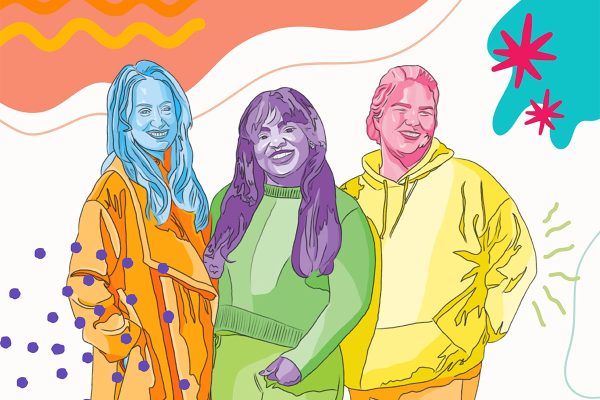Everyone’s decision to have an abortion is entirely unique and, more often than not, personal history is ingrained in that decision. In this interview below, a member of FWHC sat down with an abortion storyteller (who we’ll call KS), who speaks to the myriad of emotions she endured on her journey. She gives us a substantial and vulnerable view into her experience receiving an abortion as well as how she managed her family’s opinion on abortion with her own.
FWHC: If you could describe your abortion experience in one word? What would the word be and why?
KS: Off the top of my head, the one word I can think of is liberating. That’s because coming into it I felt one way. Honestly, it was very overwhelming, isolating, and bleak. Being, what I consider to be on the other side of it, for the most part of it, and everything I’ve been able to take away from it and cling on to and really grow from has been one of the most liberating feelings. I feel so empowered.
FWHC: I feel like that’s really common for people to feel one way whenever they start the process and then once it’s over they feel another way. Could you talk more about the circumstances that led you to feel the way you felt before the abortion and how you shifted into feeling a different way?
KS: I did grow up in the church. Whenever I was with my grandparents, my grandmother would take us to church Sunday morning and Sunday school afterwards. Church and Christianity have always surrounded me. The only mention of sex was just not to have any and if someone ever spoke about abortion, it was in a negative way. I already had these preconceived notions about what my family thought about it in addition to society treating abortion as very taboo. That led me to feeling a lot of internalized shame. I looked to the way I grew up as guidance for my feelings. Am I supposed to feel the way my family does? Because I don’t feel that way. That made things feel very dark because that means I can’t talk to my mom, or my dad, or my grandma. Does that answer your question?
FWHC: Yeah! Could you tell me about how you shifted toward feeling liberated and more strongly in your position?
KS: Originally, it was something I wanted to dive head first into. The kind of person I am, I don’t like being down. I don’t like feeling like my life is out of the loop. I wanted to figure out how to come out of this on the other side. That worked for maybe a few months until I realized I wasn’t letting myself feel everything. I was just intellectualizing my feelings and that didn’t get me anywhere. The more I let myself feel everything and lean more into myself rather than listen to everybody else’s opinion, the more I grounded myself in the fact that this was a choice I made for me, for my life, for my future. I’m grateful to have been able to do that for myself.
FWHC: Thank you. Thank you for sharing that. I wanted to talk about the logistics of getting an abortion. As I’m sure you know, folks have to face a lot of barriers. They have to walk past protesters, sometimes they have to wait multiple days to get scheduled, so I wanted to ask what was your experience leading up to having your abortion? Did you have to encounter any protesters or barriers outside of the stigma that we talked about?
KS: I’m grateful that I didn’t have any super big barriers…besides financially.
FWHC: That’s a huge barrier!
KS: [Chuckles.] That was one, but there were no protesters where I went. Originally, I planned to go to Planned Parenthood because that’s all I knew about. Two of my best friends, though, were with me throughout everything. Doing the research with me, all huddled up on my bed. We were all trying to find a good place. My best friend actually found the place that I went to. It was sort of secluded in a big office building, so nobody would really know I was there or what I was there for. So, there were no protesters. I scheduled my appointment maybe two weeks in advance. I feel like I was able to get in very quick. There wasn’t a long waiting period. I just chose the first available appointment.
FWHC: It’s really cool that your friends were so supportive. Did you have other networks of support that you relied on during this process?
KS: Outside of my three best friends, the guy that got me pregnant was also very supportive. I wouldn’t necessarily say I was surprised about it because I know the type of person he is. I just wasn’t expecting the amount of support he gave me. He went to the clinic with me. He waited with me. He was there after. He was there in the months leading after. It was those four people—my best friends and him. That was kind of all I had until I got around to opening up about it to anybody else.
FWHC: When you opened up afterwards, what did that look like for you? Did you start talking to other folks about your abortion story? Did you start journaling about it? How did that look for you?
KS: I can speak to the journaling first. I’ve been a journal-er since about the third grade.
FWHC: Me too!
KS: It’s been my go-to forever, so that was really my first way of releasing a lot of stuff. Even up till now, I’m journaling everything. Journaling was, I think, one of the first outlets for me. The people I’m closest to—they noticed a change in me and that signaled to them to check on me more. That’s how I was able to open up more in a way that was comfortable for me. They gave me the space and time to do so. Eventually, I told three of my cousins that I’m very close to. Which was important for me because I’m a big family person. It was important to be able to know that I could lean on them for this.
FWHC: That’s great! What do you wish you knew before going through the process of going through an abortion?
KS: I wish I knew the steps to take. I didn’t know there were so many resources out there for me. I wish I had known immediately where I could turn to. Outside of my immediate support group, I didn’t know there were hotlines or organizations with open forums to discuss abortions. That was something I was scrambling for in the beginning. I was everywhere to see if I could find anything. I felt like I was drowning for a while.
FWHC: What resource did you use?
KS: I remember using the Exhale app. There are a lot of abortion stories on it. Because I’m such a big writer and storyteller that was one of the things that really drew me in. It made me feel closer to people—even though I’d never met these people, had no idea what they looked like, but it made me feel less alone. I used that and there was also a text number to use if you wanted to talk to somebody and I used that frequently.
FWHC: That’s great! I’m glad you were able to find that when you needed it. Those were all the questions I had, but is there anything else about your story that you’d like to share that we haven’t talked about?
KS: The biggest part about my story that I want to share is more of a message to other people. I want people to know they aren’t alone—or as alone as they may feel. That was one of my biggest things. Even with my support system, I knew they couldn’t completely understand what I was going through. In that same breath, if a person does have someone they can reach out to, make sure to do so. Be sure to find the balance. Abortions save lives. Not only did my abortion save the trajectory of my life, but it has also been one of the most beautiful and empowering acts of self love that I have chosen in my 28 years of life.



